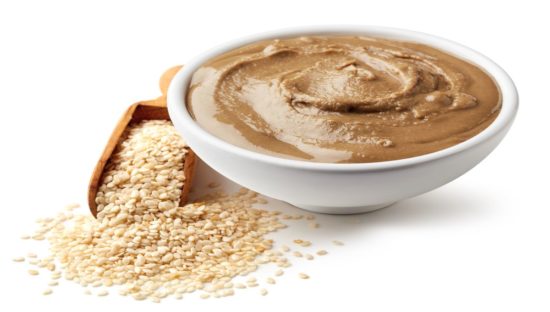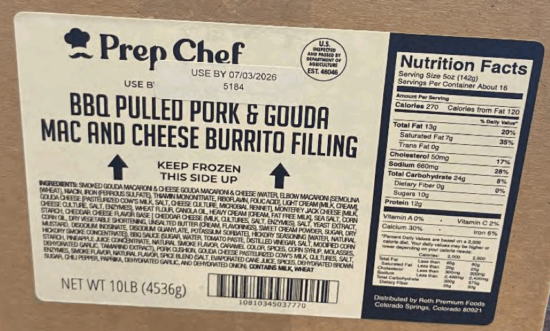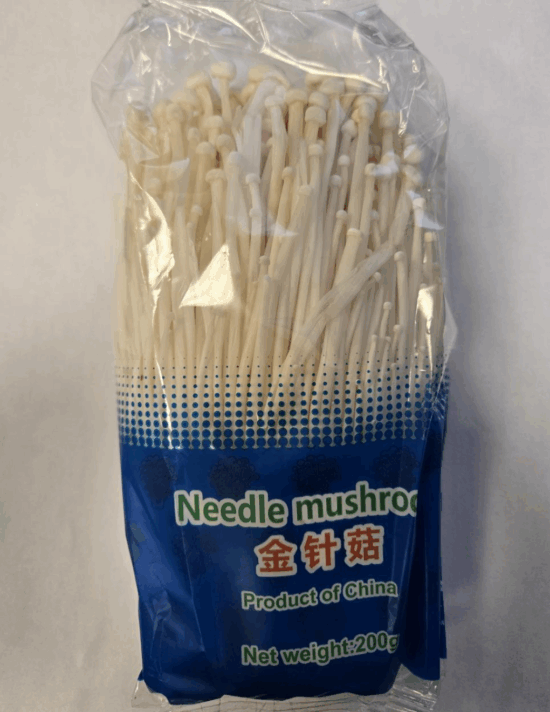Tighter controls for Salmonella on tahini and halva from Syria are among changes made by the European Commission to checks on imported products.
The revised legislation sets the rate of official controls and special conditions for food and feed of non-animal origin imported into Europe. Rules are modified every six months and they will apply beginning Aug. 12.
Decisions are based on reports in the Rapid Alert System for Food and Feed (RASFF) and information from documents, identity, and physical inspections by EU countries in the second part of 2024.
Salmonella controls on tahini and halva from sesame seeds from Syria will be increased to 30 percent because of a high rate of non-compliance during official controls.
Affected U.S products
There are no changes involving the United States. Vanilla extract will still be checked at a rate of 20 percent for pesticide residues and 20 percent of groundnut and peanut butter shipments will be inspected for aflatoxins. Pistachio products from the United States via Turkey are being checked for aflatoxins at a rate of 30 percent.
New risks from pesticide residue contamination of tomatoes from Turkey means controls will be applied on 20 percent of consignments. Improved compliance for grapefruit from Turkey will see checks reduced to 10 percent.
Dried figs, mixtures and items produced from dried figs from Turkey will be checked for aflatoxins and Ochratoxin A at a rate of 30 percent. Controls on cumin seeds for pyrrolizidine alkaloids will go up to 50 percent.
Improved aflatoxin compliance of certain peppers, ginger, saffron, turmeric, thyme, bay leaves, curry and other spices from Ethiopia means each consignment will no longer need to include an official certificate stating that all the results of sampling and analysis show compliance with European requirements. However, 30 percent of shipments will still be checked.
Pesticide updates
The frequency of identity and physical checks on granadilla and passion fruit from Colombia for pesticide residues will be increased to 20 percent of consignments.
Controls on vine leaves from Egypt for pesticide residues will rise to 50 percent and stricter rules will apply to yardlong beans from Sri Lanka with 30 percent of shipments inspected.
Mangoes from Egypt and bottle gourd from India will be checked for pesticides at a rate of 20 percent.
The persistent high rate of non-compliance of drumsticks from India for pesticide residues has prompted the EU Commission to rule that all consignments should be accompanied by an official certificate showing compliant results. Identity and physical checks are set at a rate of 30 percent.
Similar action has been taken for yardlong beans from India. However, controls on these products will be at a frequency of 50 percent. A transitional period of two months has been allowed for consignments that have already been dispatched. This means the products can enter the EU until Oct. 12 without the results of sampling and the official certificate.
(To sign up for a free subscription to Food Safety News, click here)



